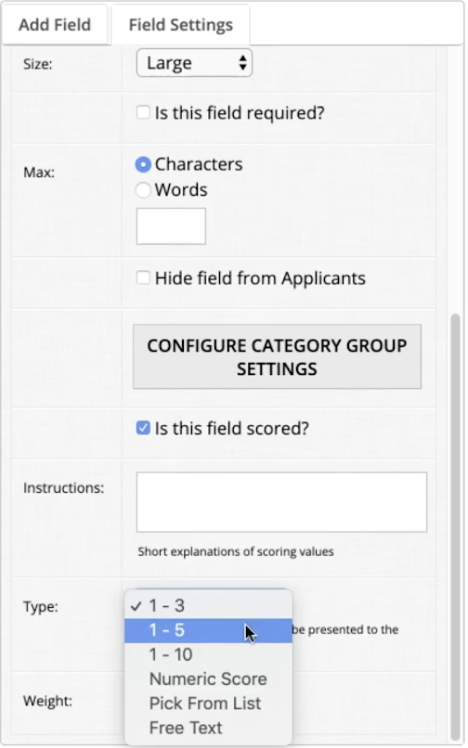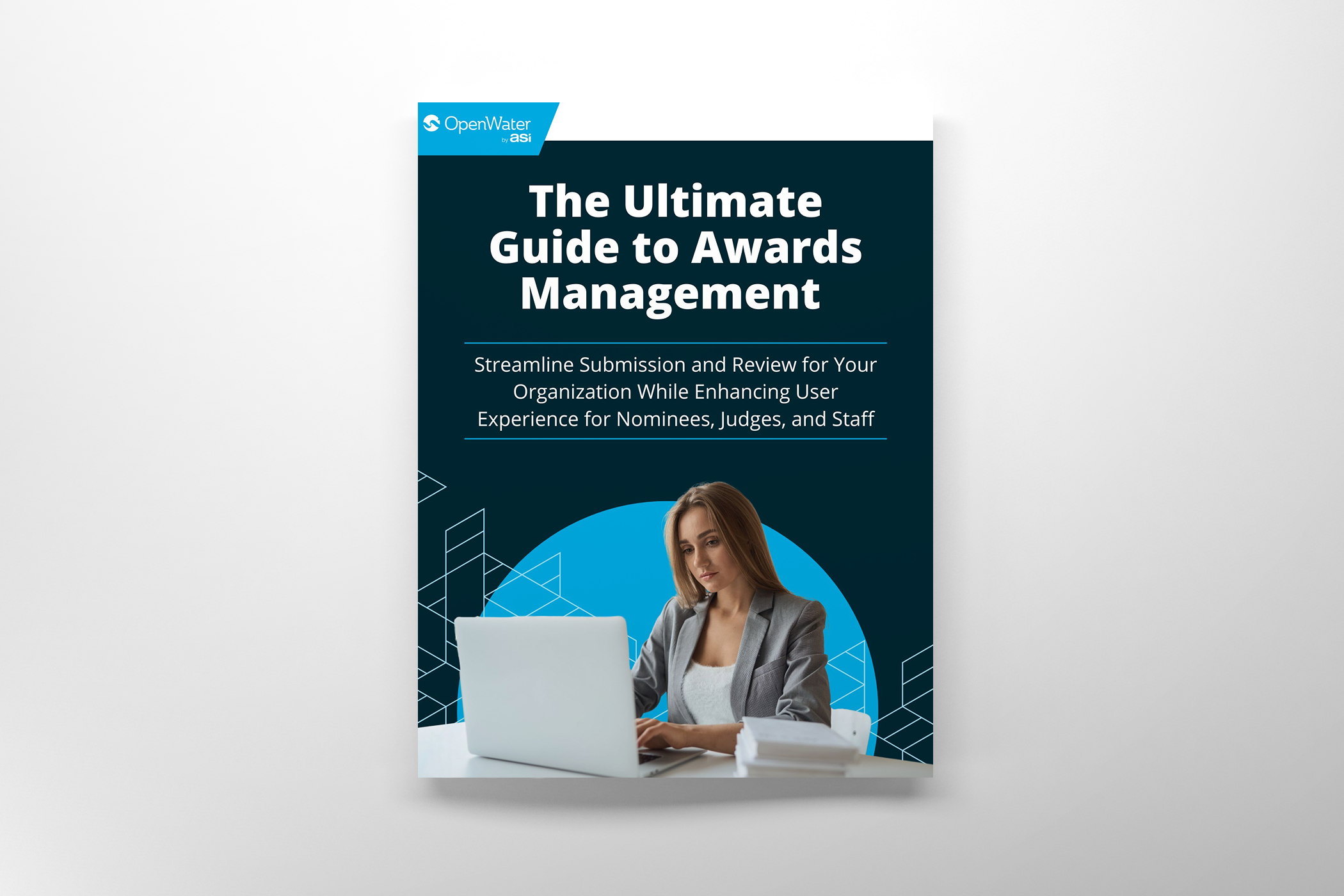
Here’s An Easy Way to Filter Out Unqualified Presentation Abstracts
You’ve sent out the call for proposals for your association’s annual meeting. Every year you’re hunting for presentation abstracts that will highlight something exciting, new, and valuable for your attendees. But every year, the same thing happens:
- A large chunk of submissions ignore your criteria (and are ineligible)
- Some quality abstracts are missing critical information (which you’d need to chase down if you approve the proposal)
- Responding to incomplete/ineligible presentation abstracts takes time (which is why it can be frustrating when potential speakers ask why they haven’t heard back)

To some extent, you can rely upon your reviewers, judges, or session managers to filter the abstracts down to those that are qualified and high quality. This is even easier if you’ve invested in an abstract review system that compiles only the abstracts with a specific reviewer score into your final list for approvals.
OpenWater, for example, allows you to mark any field on your proposal form as “scored.” You then have options for how it will be scored and a field for writing instructions to your reviewers. The list of abstracts that continues into your second round of review (perhaps for final approvals and selection from the best abstracts) can be set to only show abstracts that scored above a certain threshold in round one.
However, this still requires humans to spend valuable time reviewing the abstract submissions. There’s an easier way to automatically filter out undesired abstracts before they ever get to a set of human eyes.
FIELD VALIDATION & ELIGIBILITY RULES
One helpful way to cut out the manual labor of skimming for qualified submissions is with field validation on the form where presentation abstracts are submitted.
By requiring that all essential fields be completed before the presentation abstract is submitted, you can avoid the missing information tail-chasing that used to be done with follow-up emails. Of course, that didn’t help when the speaker accidentally left out their email address. OpenWater can highlight the blank field in red and prevent the user from moving to the next step until it’s completed.
You can also set required fields up with eligibility rules that reject ineligible answers, according to your criteria. For example, let’s say potential speakers for your museum-curator-focused conference are required to mark a radial field that indicates their highest level of education:
-
- Some college
- Associate’s and/or Bachelor’s degree
- Master’s degree
- Doctoral or Professional degree
You’ve determined that only speakers with postgraduate degrees (MA, MFA, Ph.D., etc.) should be presenting in your sessions, and so you set the field to require a mark next to the Master’s or Doctoral options to proceed further. In OpenWater, there are a few ways to approach this. You could design the form to “Block Ineligible Submissions,” which would prevent the applicant from submitting a presentation abstract at all.

The applicant would get a popup notification that describes the eligibility criteria, and just like that, your reviewer’s filtering work is done in advance. Fields with open responses can be fitted with a minimum or a maximum number of characters or words to ensure that only presentation abstracts within a particular range make it through to your team—this is far more straightforward than manually following up for revisions or additions after the fact.
In some cases, you might prefer to “Allow All Submissions, but Automatically Disapprove Ineligible Ones.” In these cases, even unqualified presenters would be permitted to complete their proposals, but the system would automatically convert their abstract submission to “disapproved” and stop it from going to your judges.
Eligibility rules could be technical, too. If you know you only want PDFs, then only allow uploaded materials with the .pdf file extension.

